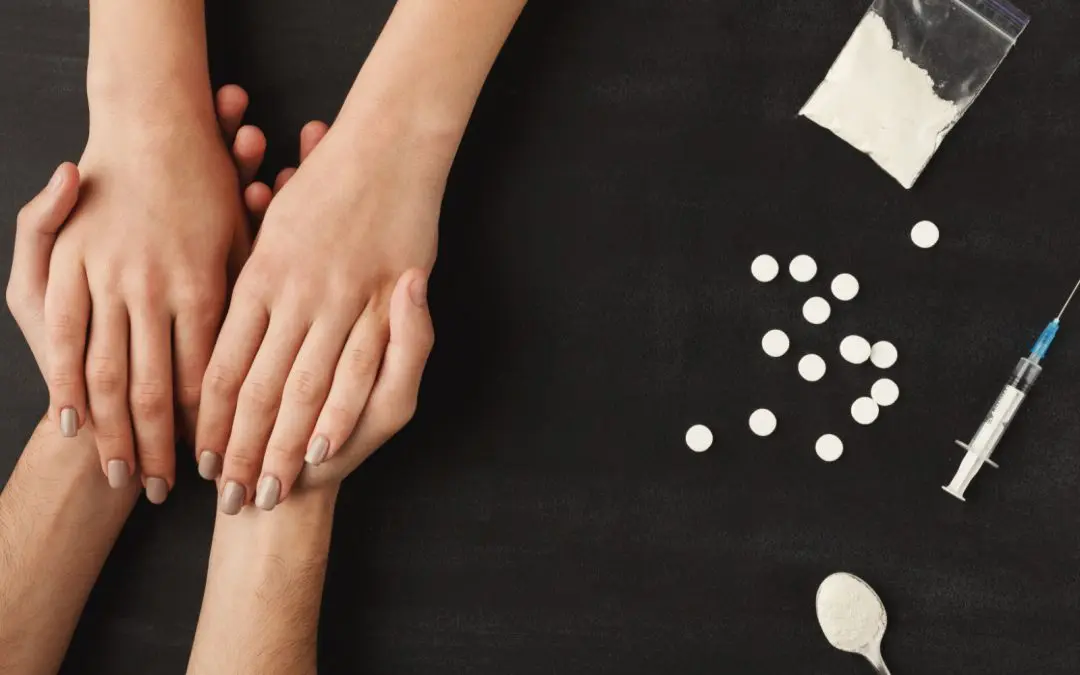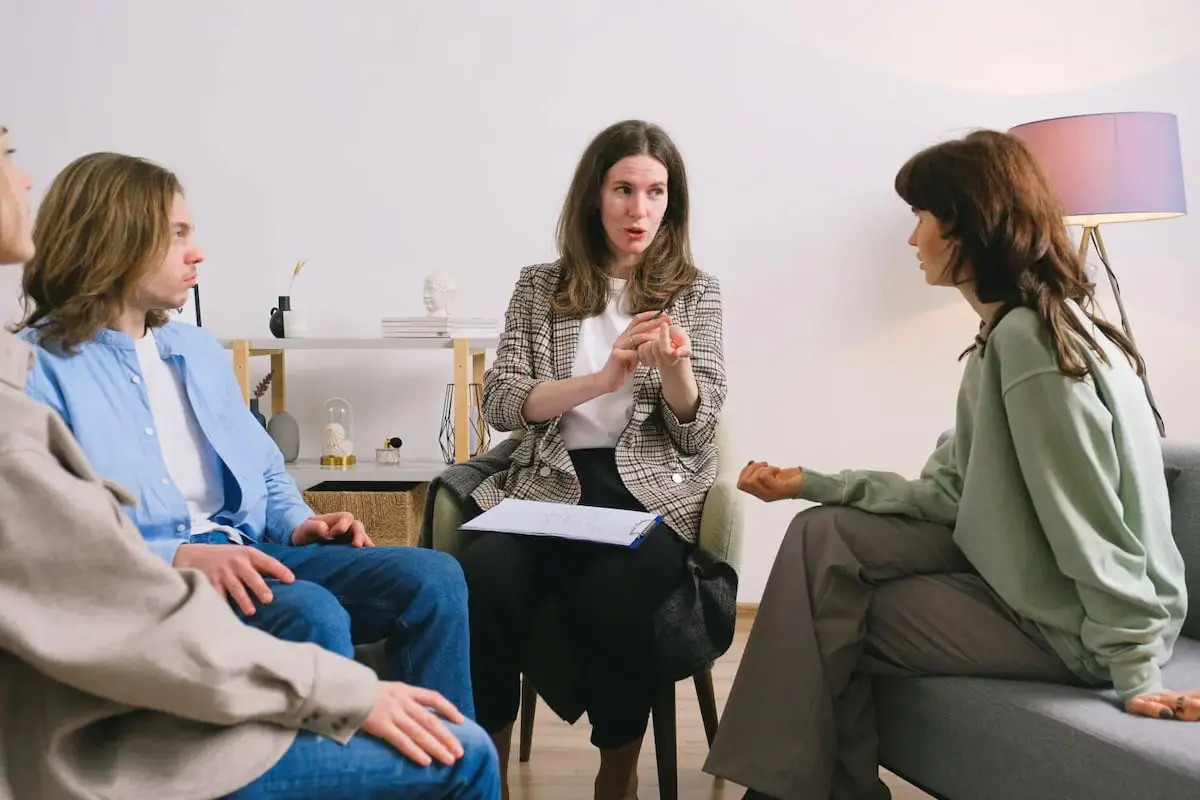24/7 Helpline:
(866) 899-221924/7 Helpline:
(866) 899-2219
Learn more about Residential Rehab centers in Murray County

Other Insurance Options

Health Partners

Amerigroup

Sliding scale payment assistance

Access to Recovery (ATR) Voucher

Group Health Incorporated

Evernorth

ComPsych

UMR

MHNNet Behavioral Health

Ambetter

BlueCross

Magellan

American Behavioral

BlueShield

CareSource

Carleon

Self-pay options

Sutter

Molina Healthcare

UnitedHealth Group




















































































